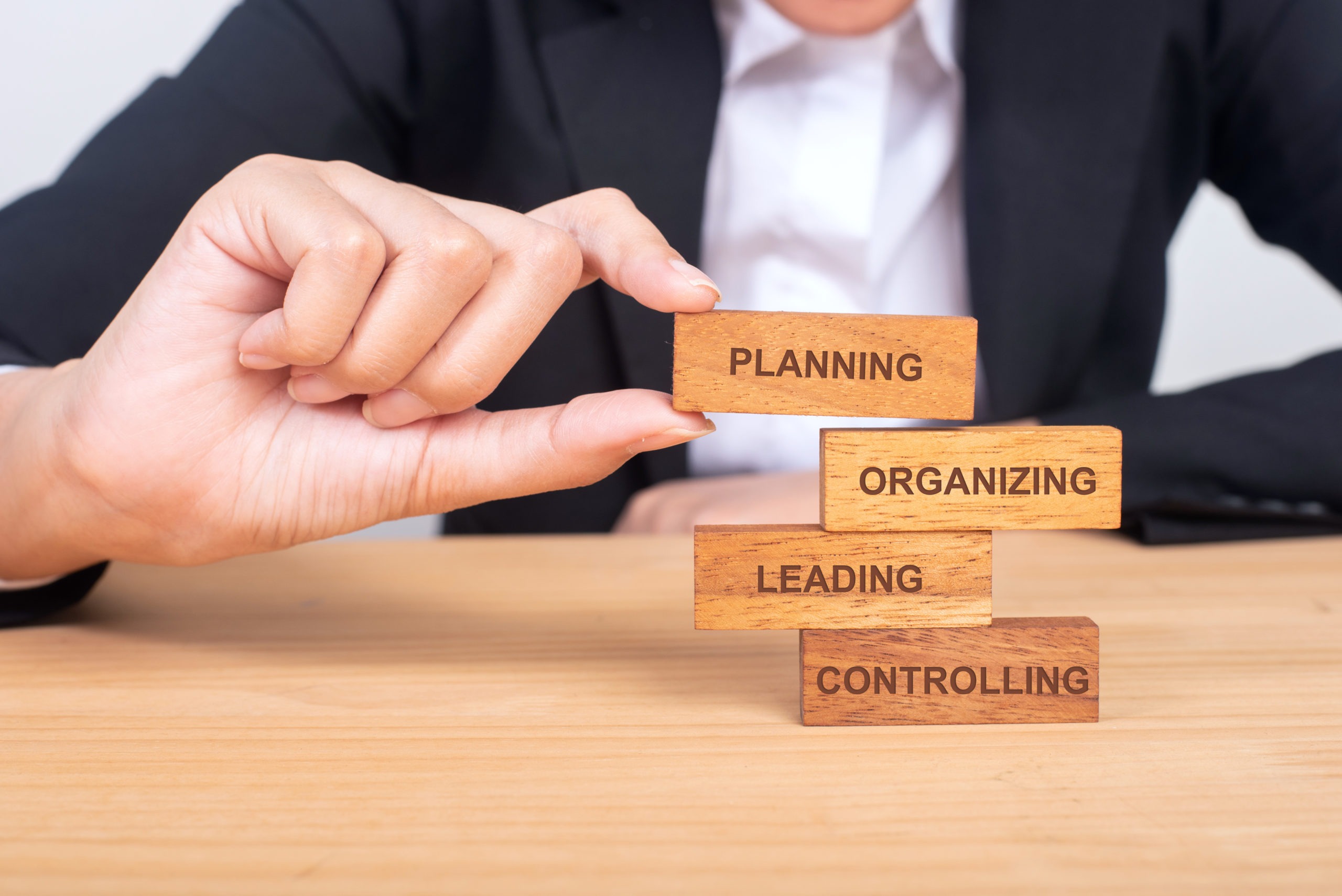Introduction
Organization is often seen as the cornerstone of personal and professional success. Whether you’re managing a bustling career, juggling family commitments, or pursuing personal goals, staying organized can make a significant difference in how effectively you operate day-to-day. The impact of organization goes beyond keeping your physical space tidy—it’s about managing your time, resources, and efforts in a way that maximizes productivity and reduces stress. In this article, we will explore the importance of organization, its benefits, and how you can cultivate an organized lifestyle.
Why Organization Matters
Effective organization helps to create a framework for success. It provides clarity, helps you stay focused on priorities, and reduces the chaos that often leads to burnout. Organization can be applied in various areas of life—work, home, and personal development—and its influence reaches far beyond simply arranging things in a neat manner.
- Boosts Productivity: When you’re organized, it’s easier to access what you need when you need it. You spend less time searching for things, which leads to more time spent on meaningful tasks. A clean, organized workspace fosters a more focused and productive mindset, allowing you to complete tasks efficiently.
- Reduces Stress: Disorganization can lead to unnecessary stress. The constant clutter and lack of structure can make even simple tasks feel overwhelming. By staying organized, you reduce the feeling of being overwhelmed and create a sense of control in your daily life.
- Improves Mental Health: Research has shown that a disorganized environment can contribute to feelings of anxiety and depression. When you organize your space and your time, it can have a positive impact on your mental well-being, helping you feel more grounded and at peace.
Key Areas to Organize
- Physical Space: This includes your home, workspace, or any other physical environment you frequent. A clutter-free space allows you to focus and be more efficient. It’s important to regularly declutter and ensure everything has its place. Start by categorizing items and getting rid of things you no longer need. Organizing your desk or workspace can immediately improve your productivity.
- Time: One of the most important aspects of organization is managing your time effectively. Using tools like calendars, to-do lists, and time-blocking strategies can help you stay on top of deadlines and appointments. Prioritizing tasks and allocating specific time slots for work can prevent procrastination and keep you moving forward with your goals.
- Digital Organization: In today’s digital age, staying organized also involves managing your digital life. Organizing your emails, files, and applications can make it easier to find what you need and stay on top of important tasks. Regularly clearing out your inbox, categorizing files, and backing up important documents are essential practices for digital organization.
Steps to Organize Your Life
- Set Clear Goals: Begin by identifying what you want to achieve and breaking it down into smaller, actionable steps. Whether it’s improving your work performance, decluttering your home, or adopting healthier habits, clear goals will give you a roadmap to follow.
- Create a System: Establish a routine or system that works for you. This could include using digital tools like project management software, sticky notes, or a physical planner. Consistency is key to maintaining organization, so find methods that are sustainable over time.
- Stay Disciplined: Organizing requires ongoing effort. Set aside time each week to tidy up, review your goals, and plan for the future. Regular reviews will help you stay on track and adapt your strategies as needed.
- Eliminate Unnecessary Clutter: Whether it’s physical clutter or mental clutter, simplify your life by eliminating distractions and things that don’t serve your goals. Let go of non-essential items and focus on what truly matters.
Overcoming Challenges to Organization
While the benefits of being organized are clear, the journey to a well-ordered life can be challenging. Some of the common obstacles people face when trying to stay organized include:
- Procrastination: Delaying the process of organizing can result in things piling up. Combat procrastination by breaking tasks into smaller steps and rewarding yourself after completing them.
- Lack of Motivation: Staying organized can feel like a never-ending task, especially when it seems like there’s always something to organize. Keep motivated by focusing on the long-term benefits, such as reduced stress and increased efficiency.
- Time Constraints: People often feel like they don’t have enough time to organize. However, small, consistent efforts can have a significant impact over time. Dedicate just 10–15 minutes each day to organizing one area of your life.
Conclusion
Organization is not just about maintaining a tidy space; it’s about creating a life that is structured, efficient, and fulfilling. By staying organized, you can increase productivity, reduce stress, and improve your mental and physical well-being. Start by organizing your space, time, and digital life, and gradually build a system that works for you. Overcoming challenges like procrastination and lack of motivation is possible with small, consistent steps. Ultimately, organization will help you take control of your life and achieve your personal and professional goals.
